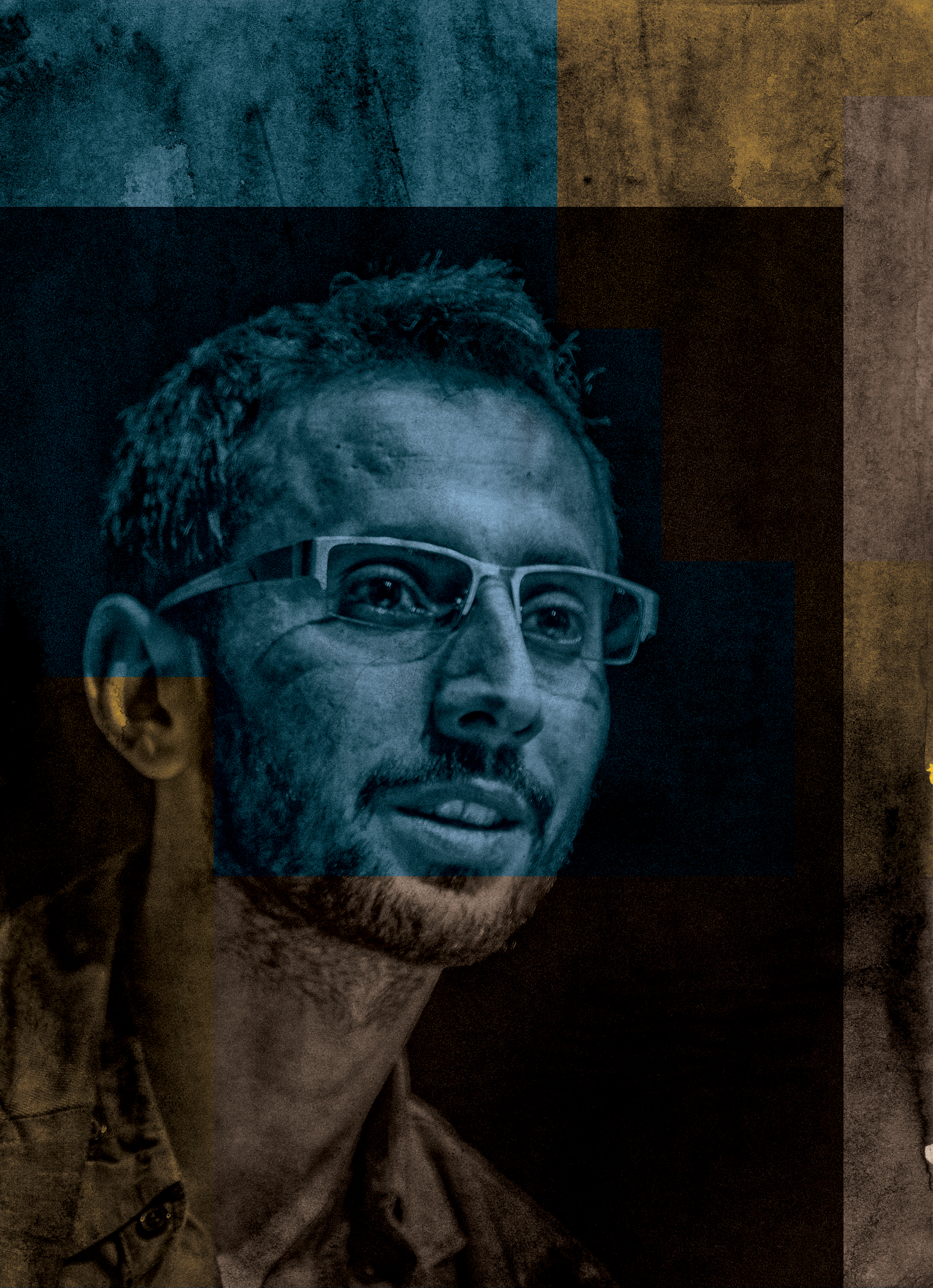Kaweh Jobran is a professor in literature in the State University in Kapisa province and works as a journalist with national and international media based from Kabul. A published poet and essayist, he is an active blogger and influential young thinker.
Can you tell us about a time when your civil rights were violated, something which has influenced your life?
There was one time when I was teaching a course at the university and during roll-call, I noticed two female students who were so heavily veiled that all I could see was their eyes. During that class, I spoke about the different interpretations of the question of the hijab in Islam. I asked the two students to show their faces so that I could make sure that they were my students! A couple of days later, I heard rumours about myself – rumours which could be dangerous in Afghanistan. They said that I was opposed to the hijab and rules about women’s dress. The university rector called me in for an explanation. A few days after that, I learnt that some extremist students had been planning to beat me up.
What are three important achievements since the time of the Taliban in Afghanistan?
Our relationship with the international community has been very important. So has the flourishing of our education system, both schools and universities. And though it is as yet half-fledged, the experience we have gained of democracy in our country is significant. Being realistic, this is a completely unique experience in the history of Afghanistan.
What gives you hope for the future?
I am inspired by the way young people have leapt at the opportunity for education and knowledge. Over the past 10 years, they have rushed to schools and universities. I trust and believe in this generation. It is a generation which has some familiarity with the democratic system, has experienced freedom of speech, and is accustomed to the role of the media.
What are the biggest challenges facing Afghanistan?
The biggest challenge for Afghanistan is an ideological one: fundamentalism. If you asked me about the 100 biggest challenges facing Afghanistan, I would answer you 100 times over: fundamentalism, fundamentalism, fundamentalism!
Will the present-day Afghanistan allow schools to once again be closed to girls and women excluded from social participation?
Afghanistan is a new and vulnerable society. It has just managed to emerge from the debris of war and bloodshed. It is extremely fragile. In these circumstances, the fear of returning to the past is nothing short of a nightmare.
Can you tell us about any specific occasions where the rights of a female family member or friend were violated?
The young daughter of one of our relatives was forced to marry a 35-year-old man in order to settle a dispute. This is the way it goes according to the tribal customs and traditions. Somebody from the girl’s family had killed a person in the man’s family, and so the young girl was forcibly married as a conflict settlement. Her marriage allowed her family to resolve the problem.
What are some factors which deter women’s participation in social, economic, political and cultural spheres?
Misogyny and fundamentalism have permeated our culture. They have penetrated the family, the clan, the ethnic group, and the society as a whole. These forces promote an extremely negative view of the status of women in all aspects of society.
What the sources and centres of power which women can rely on to promote their rights and demands?
I don’t trust any of the institutions working in the field of women’s rights. Most of their work is just for show. The government, despite having a Ministry of Women’s Affairs, has made no fundamental achievements for women. It is obvious that all the actors are playing in superficial and short-term games, but the basic and fundamental problems of women are not being resolved. Neither civil society organizations nor the Government and Ministry of Women are paying attention to the root causes of the problems women face in this country.
What do you wish for your daughter?
What do I wish for her? Allow me not to wish for my daughter, because I first have a duty to serve for her. I would like to prepare the ground, as best I can, so that she can achieve all of her wishes. I would like to see her make her own wishes. Let all women have their own wishes. In our society, when an Afghan man has a wish for his daughter, he is putting obstacles on the path to her achieving her rights.
Do you have a specific message you wish to share?
The only way out of the present crisis is to build knowledge and to spread awareness. I believe that nothing will change until both the victim and their oppressor seek knowledge.
“Unveiling Afghanistan, the Unheard Voices of Progress” is a campaign by Armanshahr and FIDH, which explores views held by Afghan civil society actors. Over 50 days, 50 influential social, political, and cultural actors hope to spark conversation and debate about building a society that is inclusive of women’s and human rights in Afghanistan.
Follow 50 interviews drawn from the “Unveiling Afghanistan campaign” daily on the Huffington Post.
Follow Unveiling Afghanistan on FIDH Twitter: www.twitter.com/fidh_en



